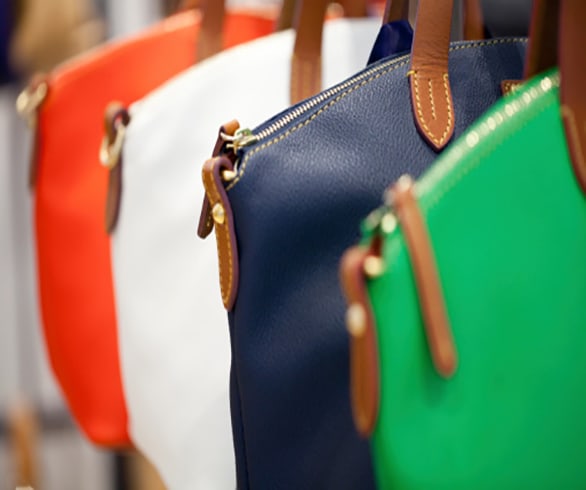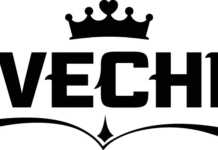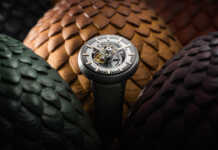
According to a new study, Social Media and Luxury Goods Counterfeit, social media websites are strengthening the global sales of counterfeit luxury goods. The report focused mainly on Instagram’s role in this issue, illuminating the platform’s contributions to the growth of the internet’s counterfeit economy, which uses a variety of online tools to ship illegal goods globally.
The results of the study revealed that approximately one fifth of all items tagged as luxury goods for sale on the site are fakes. Researchers examined around 150,000 posts tagged with luxury good brand names—like #Louboutin or #LouisVuitton—and found that 20 per cent of these posts featured fake goods. The responsible accounts were usually based in China, Russia and Malaysia.
The majority of the aforementioned posts feature images of counterfeit goods and are captioned with contact information so that buyers may get in touch with the seller via IM chat apps—like WhatsApp or WeChat—or an email address. The post is then tagged with a variety of luxury brand names.
According to the study, counterfeit operations like these take USD $29 billion out of the luxury goods sector each year.
Andrea Stroppa, a World Economic Forum security researcher and writer for the report, adds that this growth in counterfeit culture represents the mounting use in social media by well-liked brands.
“Instagram is becoming very popular and luxury companies are investing on it seriously,” he says. “So, if real companies are getting results in terms of visibility, and probably profits, illegal companies just follow the trend.”















